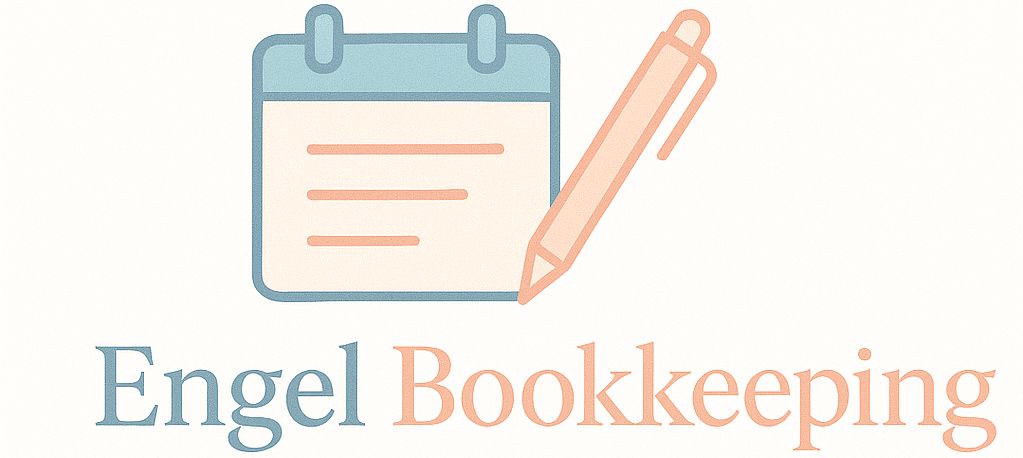Bookkeeping and accounting might sound like two sides of the same coin, but they each play their own crucial role in managing a business’s financial health. Bookkeeping is the foundation, focusing on recording daily transactions in a consistent way. It’s all about keeping a detailed track of every penny that flows in and out of your business. Accountants, on the other hand, look beyond the numbers. They use the data collected by bookkeepers to provide insights, create financial statements, and help with strategic financial planning.
While bookkeeping involves the meticulous tracking of transactions, accounting takes these records and interprets them. Bookkeepers might spend their days entering invoices, receipts, and payments. Accountants take those records and prepare reports, perform audits, and analyze the financial standing of the business. This analysis is key when it comes to making informed business decisions.
Now, let’s talk skills. Bookkeepers need to be organized, with a sharp attention to detail since accuracy in recording transactions is critical. Accountants, though, need a strong grasp of accounting principles and must be adept in financial reporting and analysis.
Technology is a massive part of both disciplines. Bookkeepers and accountants alike use software to ensure accuracy and improve efficiency. From simple spreadsheet skills to advanced accounting software like QuickBooks or Xero, mastering these tools is vital for both bookkeepers and accountants. Modern tech has made it easier than ever to keep finances streamlined, while also ensuring accuracy and compliance with regulations.
Bookkeeping vs. Accounting: Making the Right Choice for Your Business
Choosing between bookkeeping and accounting can feel overwhelming for business owners. Yet, understanding what your business really needs can clear things up quickly. Small businesses or start-ups might get away with just a solid bookkeeper at first. They’re great for handling the entry-level tasks of tracking income and expenses. As the business grows, though, having an accountant can add immense value, providing insights and complex analyses that help drive business strategies.
Thinking about costs? Bookkeeping services often come with a lower price tag due to their straightforward nature. Accountants, given their strategic involvement and expertise, tend to charge more. Weighing these costs against the potential benefits they provide can help in making a sound decision. Remember, what’s most affordable today might not be the best long-term solution if your business is scaling up fast.
Scalability is also crucial. Bookkeepers can manage an influx of transactions, but accountants help you understand these changing patterns. If you intend to grow, having an accountant could mean the difference between controlled growth and chaos.
Together, bookkeeping and accounting paint a complete picture of your business’s financial health. Bookkeeping gives you the canvas and colors, while accounting creates the masterpiece. They both enable better decision-making, ensuring your financial decisions are backed by solid data.
Considering outsourcing or keeping it in-house? In-house services offer more control and immediate access to information. Outsourcing, though, can save costs and bring in fresh expertise. Determining your business’s needs, budget, and future growth plans are essential steps to decide the best fit.
